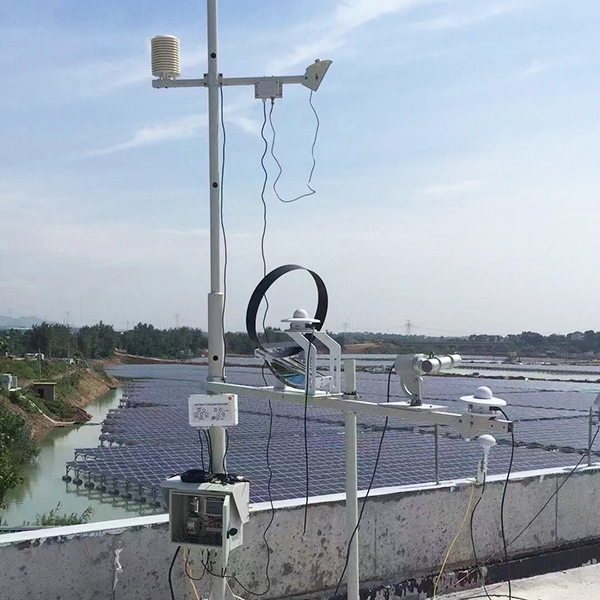In the pursuit of higher solar energy conversion efficiency, the industry is shifting its focus from the components themselves to a more fundamental aspect – precise measurement. Industry experts point out that the efficiency improvement and revenue guarantee of solar power stations first start with the precise perception of incident light energy, and high-performance solar radiometers are becoming the “intelligent eyes” in this transformation.
Unlike ordinary light sensors, professional-grade radiometers, such as total radiometers and direct radiometers, are benchmark instruments for precisely quantifying solar irradiance. They can continuously monitor total level radiation, scattered radiation and direct radiation, providing crucial raw data for evaluating the performance of power stations.
Many people only care about the conversion efficiency of components, but ignore the most fundamental input energy – whether sunlight is accurately measured. A senior operation and maintenance manager of photovoltaic power stations said, “Without an accurate benchmark radiometer as a reference, all the so-called performance ratio calculations and efficiency analyses we talk about will lose their meaning.“
The impact of precise radiation data runs through the entire life cycle of the power station. During the site selection stage, long-term radiation measurement data serves as the core basis for solar energy resource assessment and directly determines the feasibility of project investment. During the operation stage, by comparing the incident solar radiation read by the radiometer with the actual power generation of the power station, problems such as component contamination, shading, faults or degradation can be quickly and accurately located, thereby guiding precise operation and maintenance and increasing power generation revenue.
In addition, with the iteration of photovoltaic technology, such as the popularization of bifacial modules, their sensitivity to scattered radiation and reflected radiation has increased, which puts forward new requirements for the comprehensiveness and accuracy of radiation measurement. The lower the measurement uncertainty within the calibration cycle, the more accurate the power generation prediction and trading of the power station will be, which is directly related to the operating income.
It can be foreseen that as the requirements for the performance ratio and return on investment of power stations continue to rise, the precise measurement system centered on advanced radiometers will shift from an optional configuration to a standard feature for high-efficiency photovoltaic power stations, laying a solid foundation for the refined and intelligent development of the entire industry.
For more sensor information, please contact Honde Technology Co., LTD.
WhatsApp: +86-15210548582
Email: info@hondetech.com
Company website: www.hondetechco.com
Post time: Sep-30-2025


